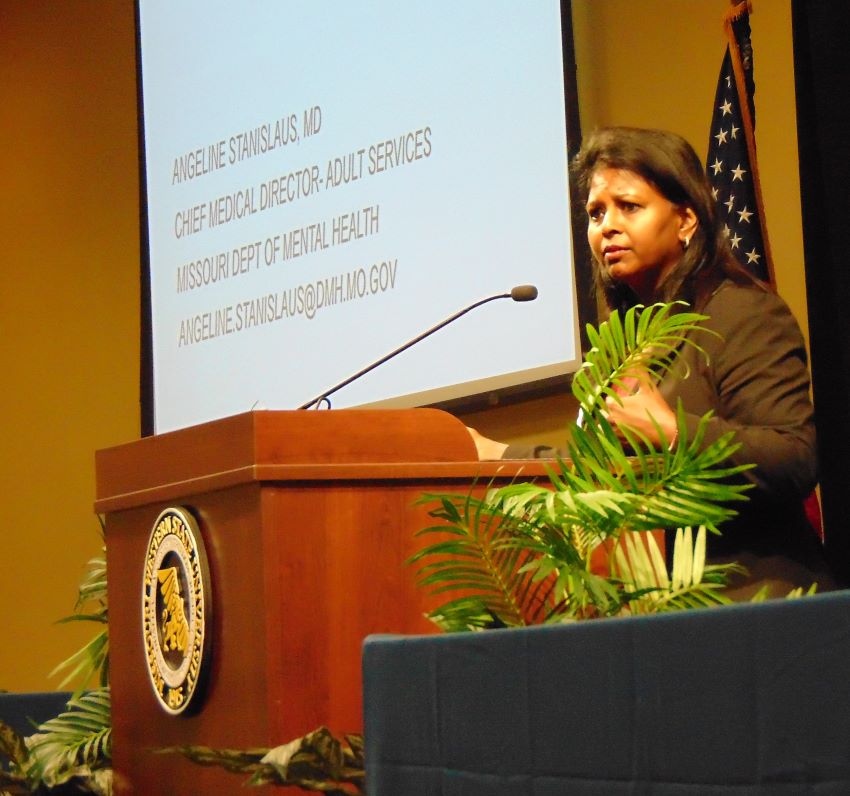
By BRENT MARTIN
St. Joseph Post
ST> JOSEPH, Mo. — Missouri has one of the worst opioid addiction problems in the nation, but state officials say some remedies seem to be emerging.
Dean Linneman with the Missouri Department of Health and Senior Services has some stark statistics about addiction to pain killers. In 2017, there were about 95 opioid prescriptions per every 100 people in the greater St. Joseph area and that’s down from 150 prescriptions per every 100 residents in 2012.
Linneman says opioid addiction often begins innocently enough.
“And then there are your OxyContin (pills) which can be prescribed appropriately and used and be very effective,” Linneman tells St. Joseph Post, adding it is when the dosage exceeded the 90 milligrams equivalent of morphine threshold that prescriptions become dangerous. “And, then the longer a person is taking those, just because of the addictive nature of opioids, there’s always a chance that an individual can be addicted.”

State officials continue a crackdown on the medical profession to track doctors who might be prescribing too many opioids or, perhaps, even dealing in opioids. Linneman says some doctors have very good reasons to prescribe as many opioids as they do.
“I am a single physician in a county that has multiple nursing homes and I’m the medical director for those nursing homes. So, my numbers, based on the county population, seem to be off the charts high, but it can be explained depending on what the practitioner is covering,” Linneman gives as an example.
State officials have been reviewing results of a pilot program at Emergency Rooms which shows promise.
Dr. Angeline Stanislaus with the state Mental Health Department says under the program, if someone enters an Emergency Room, they receive treatment, then they meet with a recovery coach who will guide them to treatment, both medication and therapy.
“They stay with the patient. They also connect them to the community providers. So, all they need is about three days’ worth of medications,” Stanislaus tells St. Joseph Post.
Stanislaus says that in the past, those who suffered an opioid addiction would be treated in an emergency room, then would be given a card to direct them to treatment. She says they rarely followed up and some ended up dying from an overdose.
